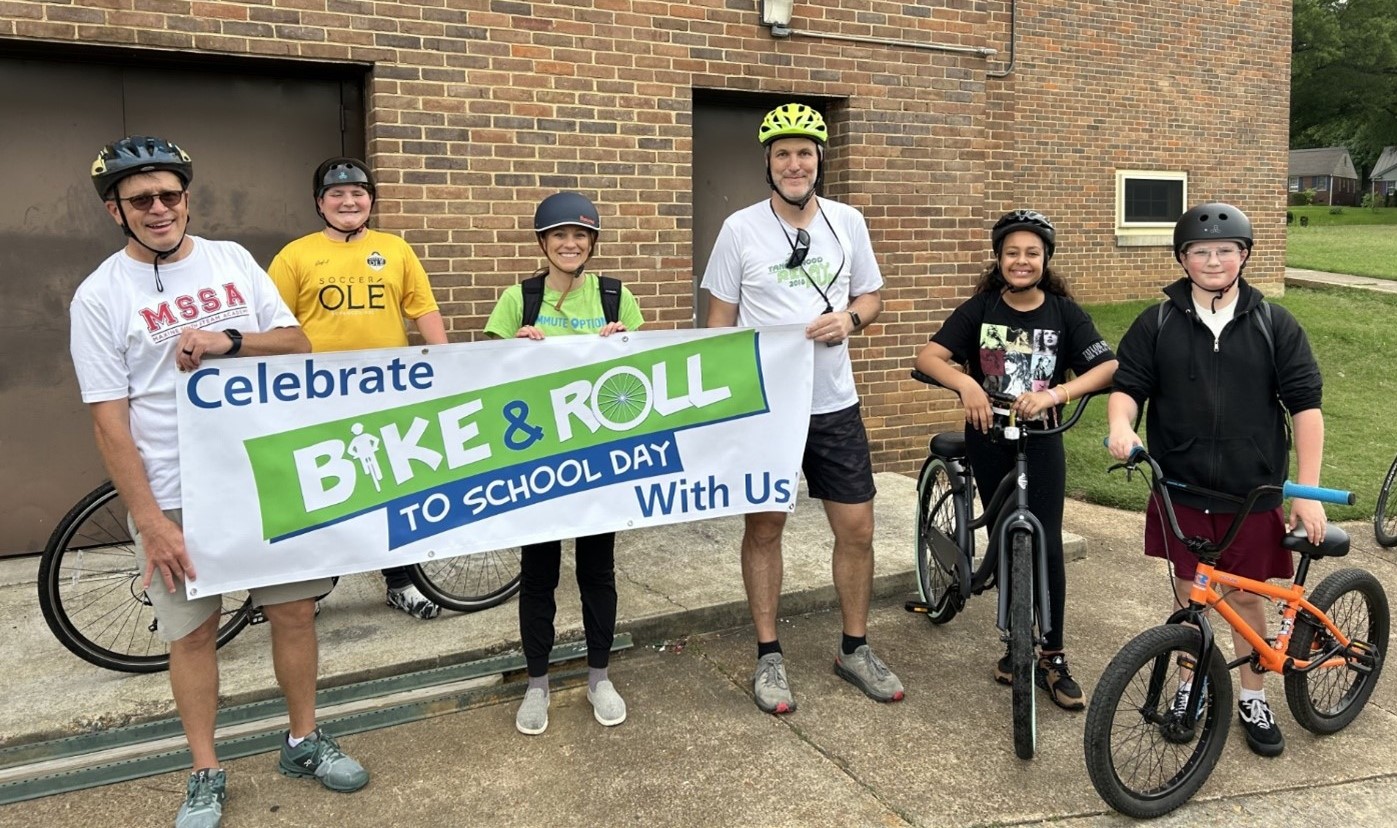

How transportation can influence health outcomes
BlogA report from the American Hospital Association suggested that close to 4 million Americans delay or do not receive the medical attention they need due to transportation barriers every year – a figure likely worsened by pandemic-associated economic hardship and isolation.
In some ways, this seems obvious. If you don’t have a car – or another reliable, affordable and safe way to get somewhere – you won’t go. This is especially true in car-dependent metro areas like Memphis.
Many people do not live close enough to their care providers to walk or take public transportation, particularly those in disadvantaged neighborhoods. They may live far away from the particular doctor or specialist they need to see in order to receive proper care. Public transportation and hospital-based transportation services are sometimes an answer, as are ride sharing apps like Uber and Lyft. But the former often isn’t extensive, and the latter comes with an upfront cost that many cannot shoulder.
As a result, families are often left wondering: What does a lack of transportation mean for healthcare outcomes, especially for seniors or people with chronic conditions?
How transportation acts as an unmet social need
Transportation is considered a social determinant of health.A McKinsey report defines social determinants as “the conditions in which people are born, grow, work, live and age.” Unmet social needs can have a detrimental effect on people’s lives and livelihoods, and these unmet needs regularly intersect with social issues like systemic racism and economic disadvantage.
Among those surveyed by McKinsey, some 15% cited transportation as an unmet need. They are among the 45% of those with a high rate of healthcare utilization, who also have multiple unfulfilled needs.
In 2013, a study by the Journal of Community Health found that the impact of transportation barriers weigh especially heavily on both racial minorities and those who live in poverty. Its analysis of cancer patients living in Texas showed, for example, that while 38% of white adults cited poor access to a vehicle as a barrier that could result in missing a cancer treatment, this figure was 55% for African American adults, and 60% for Hispanic adults.
What are the consequences of missed appointments? Appointments missed due to insufficient transportation options mean care plans will not be followed, and medications cannot be filled.
Sometimes, even alternatives are frustrated by an individual’s personal circumstances. For instance, patients fortunate enough to have family or friends to take them to and from an
appointment may need to schedule them according to their relatives’ availability, which in turn may not be the days and times the doctor can actually see them.
In acute or urgent situations, patients may also need to rely on emergency medical services to transport them to treatment, including because their condition has worsened despite being technically preventable.
What can be done about this?
The loved ones of those who need transportation should understand both your options and theirs. Many Memphians don’t know that all it takes is a single phone call to secure a free ride to a healthcare appointment for those who need it – with no app downloads or additional costs associated.
As members of the public, we have a role to play in being advocates for long-term solutions to this issue. Memphis is fortunate to have organizations like MATA, the Metropolitan Inter-Faith Association, the Aging Commission of the Mid-South, and many others that work closely with us to provide sustainable answers to vulnerable populations facing transportation gaps.
Many of the reasons why a transportation barrier exists will be unique to each case. On a personal level, a senior citizen may not be able to afford a car or rideshare services, or may have a physical disability that prevents them from using either. Mobility issues may also mean they need to be transported out of their houses and into the ride. On a community level, public transportation may have limited routes, not arriving close enough to either the destination or the source without walking or a car ride in between.
The Robert Wood Johnson Foundation believes that as many as 80% of health outcomes are adversely impacted by determinants like transportation access. As such, the work we all need to do is clear: Find and remove every transportation barrier that any Memphian faces.
©2024 Innovate Memphis. All Rights Reserved
Created by eBiz Solutions.


